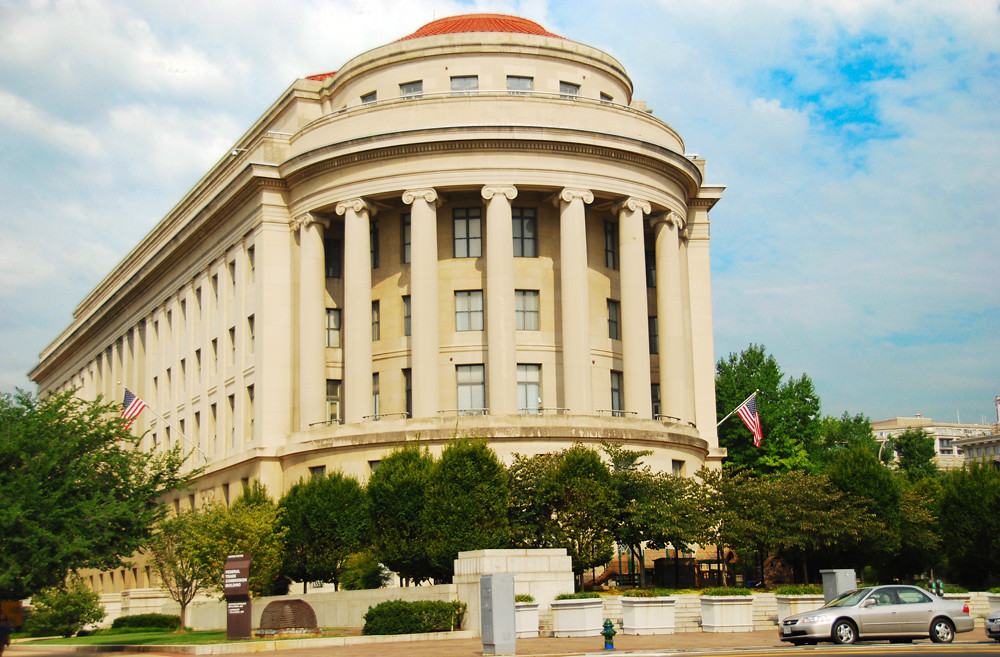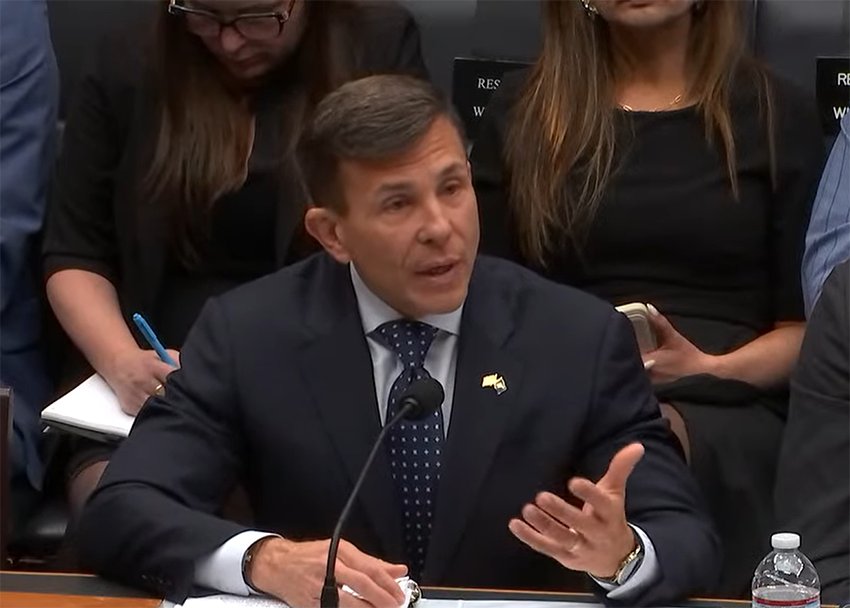The Biotechnology Innovation Organization (BIO) filed an amicus brief opposing the Federal Trade Commission (FTC) lawsuit to block Amgen’s acquisition of Horizon, arguing that the FTC’s overreach threatens the merger and acquisition activity that is the lifeblood of biotech innovation.
The brief filed August 24 contends that BIO’s members would be harmed by any decision that impedes, or casts doubt on, the biotech deal-making that is essential to life-saving innovations.
“The biotech environment is unique in that there’s a long tradition of these small innovators playing a complementary and collaborative role. As they move through the drug development process, it is often logical for small innovators to be acquired by a larger firm,” explained BIO Deputy General Counsel John Delacourt, who worked on the brief. “This process has led to the U.S. being the number one drug development country in the world.”
This latest case threatens that model by breaking with FTC’s longstanding practice, extending back to the 1970s, of filing merger litigation only when a transaction reduces competition or harms consumers, Delacourt said. “As representatives of the biotechnology industry, we are concerned about the Commission’s current direction, which will bog down M&A activity in a cloud of regulatory uncertainty,” he explained.
Biotech mergers and innovation
“Thanks to biotech developments, the promise of a healthier and more sustainable planet is on the horizon. These pursuits are made possible not only by the brilliance of American scientific minds but also because of the dynamism of American capital, which is the foundation upon which all of these inventions are built,” said Carlo Passeri, BIO’s Vice President of Capital Markets and Financial Services.
He said small innovative firms that develop new drugs often need to merge with bigger companies to accelerate through large clinical trials, the regulatory process, manufacturing, and marketing. The last few years had seen healthy merger activity that helped the industry grow, but that has been changing lately, according to Passeri.
“For us, the chilling effect can really be seen in the data so far this year,” he said. “You see things steadily escalating, and all of a sudden—bam! There’s a significant contraction in activity, from larger companies doing deals with smaller companies and from venture capital rounds. And to an extent that can be explained by the chilling effect the FTC has had in their approach to mergers and acquisitions in our space so far this year.”
The formula of big firms merging with smaller ones has real benefits for patient access to medicines, Delacourt added, citing the example of Pfizer’s acquisition of Global Blood Therapeutics. As a result of that transaction, an innovative therapy for sickle cell disease was rapidly made available to an underserved patient population in Africa.
An overly aggressive approach by the FTC would become “a problem for patients who are looking to the drug development pipeline for new and innovative cures. This is already a challenging enterprise: You need a brilliant scientific insight. You’ve got to attract investment. You have to go through clinical trials,” he said. “If the FTC becomes an additional barrier to that, it just makes things harder.”
State of the current case
This particular case started when Amgen filed its Hart-Scott-Rodino Act pre-merger notification with the FTC, Delacourt said. “FTC received the information that is required to be submitted through the process and, after evaluation, sued to block the deal in May.”
Today, BIO plans to add its voice to the debate by filing an amicus brief opposing the FTC’s move away from traditional principles of merger enforcement. As Delacourt explained, an amicus or “friend of the court” brief can be submitted by “anyone who has a vested interest or specialized knowledge that can contribute to resolution of a case. We think BIO clearly fits those criteria in this instance.”
The brief, which is online here, makes the argument that FTC’s abrupt move away from merger enforcement focused on competitive overlaps and real world evidence of consumer harm is a threat to the drug development pipeline. It further notes the importance of mergers and acquisitions to a healthy and dynamic innovation ecosystem.
“This case was somewhat of a surprise,” Delacourt said of FTC’s suit. “It’s a threat to innovation. It’s a threat to the development of new therapies. And it’s a threat to patient access to the drugs they need to live healthy, fulfilling, and unrestricted lives.”




